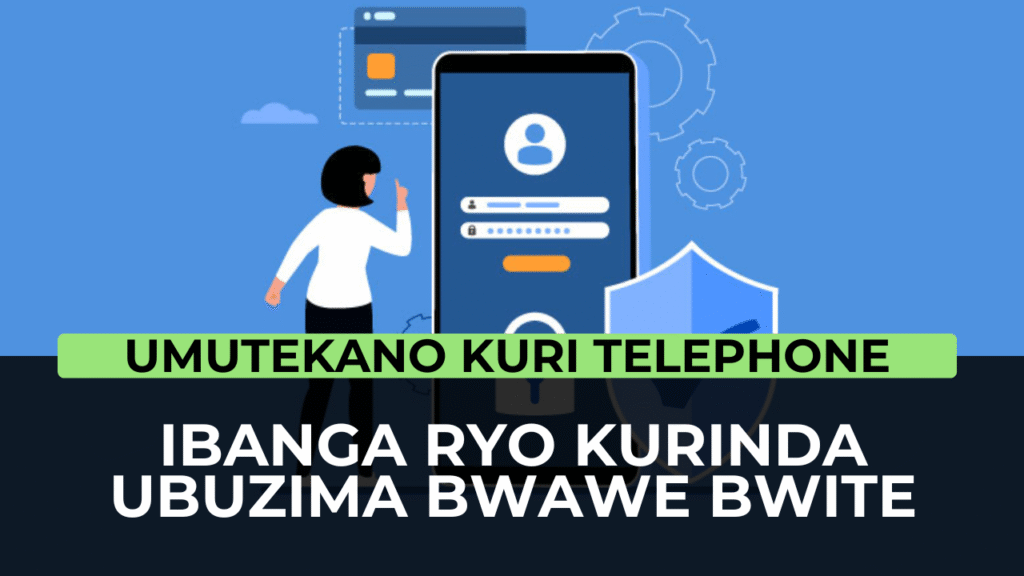
And in your personal life, your phone is so much more than just a tool used for making calls or sending messages. It’s a hideout for our secrets, a vault for our personal photos, our personal financial information, and even how we schedule our lives on a daily basis. But did you know that someone can gain access to your phone and steal all that sensitive information? In this article, we will be exploring how your private life can be exposed—and how you can protect it.
How Our Information Is Hijacked With Phones
a. Installing Unsafe Apps
Sometimes you download an app thinking it’s useful, but it contains hidden technology that can track you down or gain access to your sensitive information.
These threat apps are most often found outside approved platforms like the Play Store or App Store.
b. Clicking on Unknown Links or Sites
You might receive an alert on WhatsApp or via email with, “Click here to win a prize” or “See who called you yesterday.” If you click on those links, you might allow someone access to your phone without realizing it.
c. Using Public Wi-Fi
Public Wi-Fi free in restaurants, bus stations, or schools may be an open gateway to hackers who may be interested in stealing your information.
d. Phones Without Security Locks
With no password, PIN, Face ID, or fingerprint lock on your phone, it is simple for any individual, even a friend, to access your phone.
What You Can Lose When Your Private Life Is Exposed
- Private images and videos can find their way onto unauthorized websites.
- Your social media accounts (e.g., Instagram, WhatsApp, Facebook) can be taken over.
- Your financial information (Mobile Money, bank accounts) can be stolen.
- Identity information like your ID, passport, or email can be used to pretend to be you.
- You can lose the trust of people or even your job because your secrets were out.
How to Protect Yourself
a. Use a Strong Password
Don’t use your name, phone number, or something such as “1234.” Use passwords that are strong with letters, numbers, and symbols. [Read how to make strong passwords]
b. Don’t Click on Suspicious Links
If someone sends you a message stating “Click here,” pause and think before doing so. If it is suspicious in nature, do not open it or ask the sender whether they sent it.


